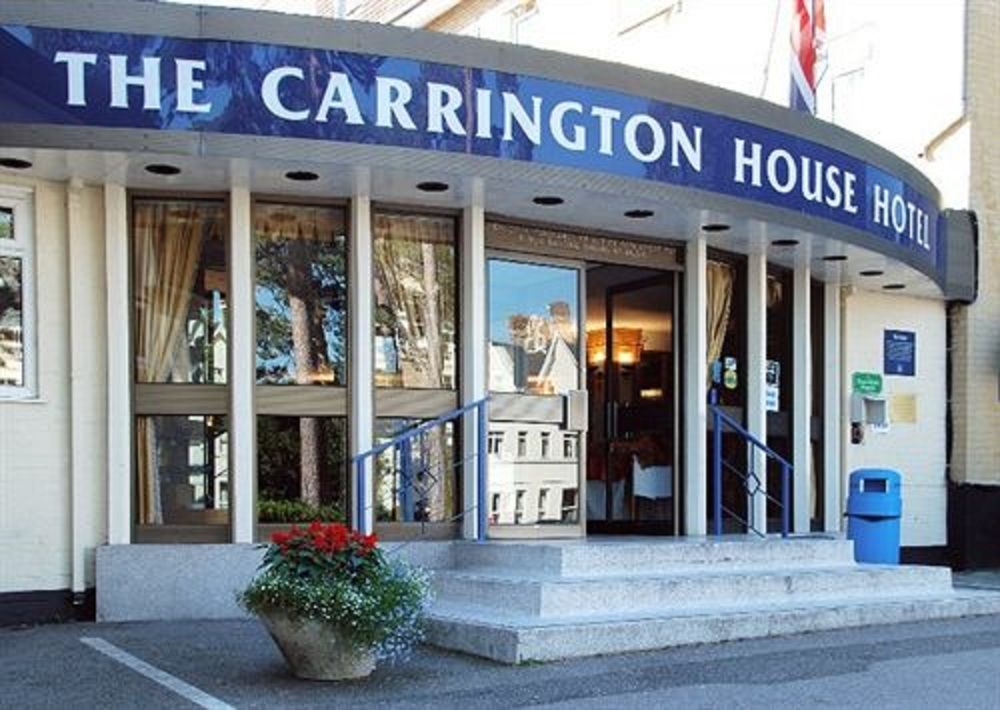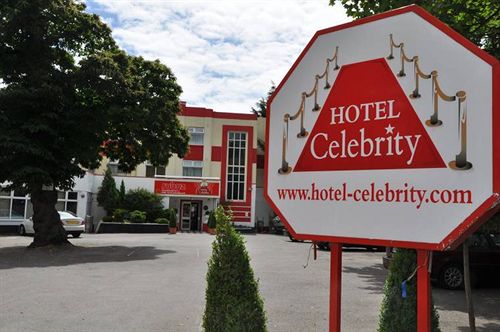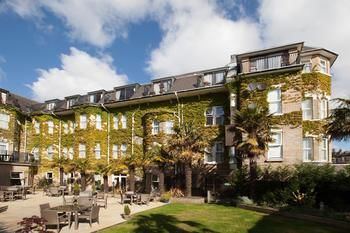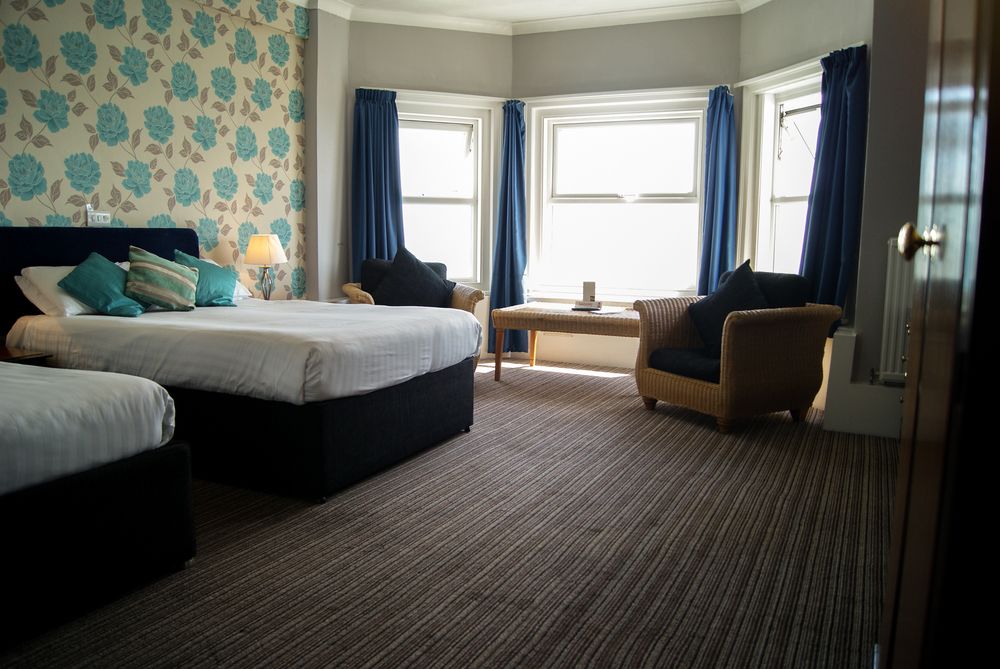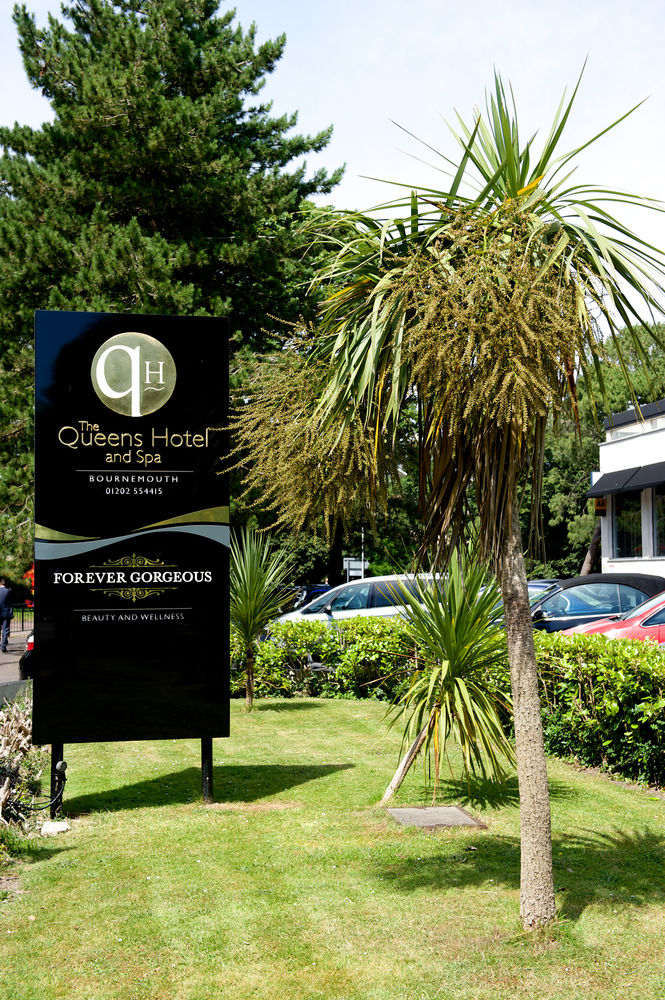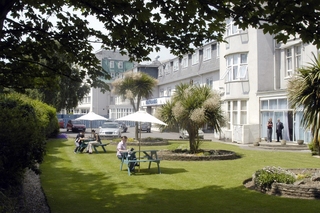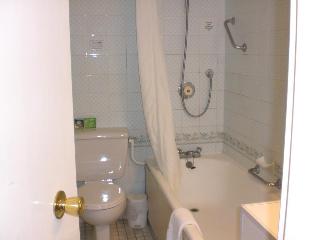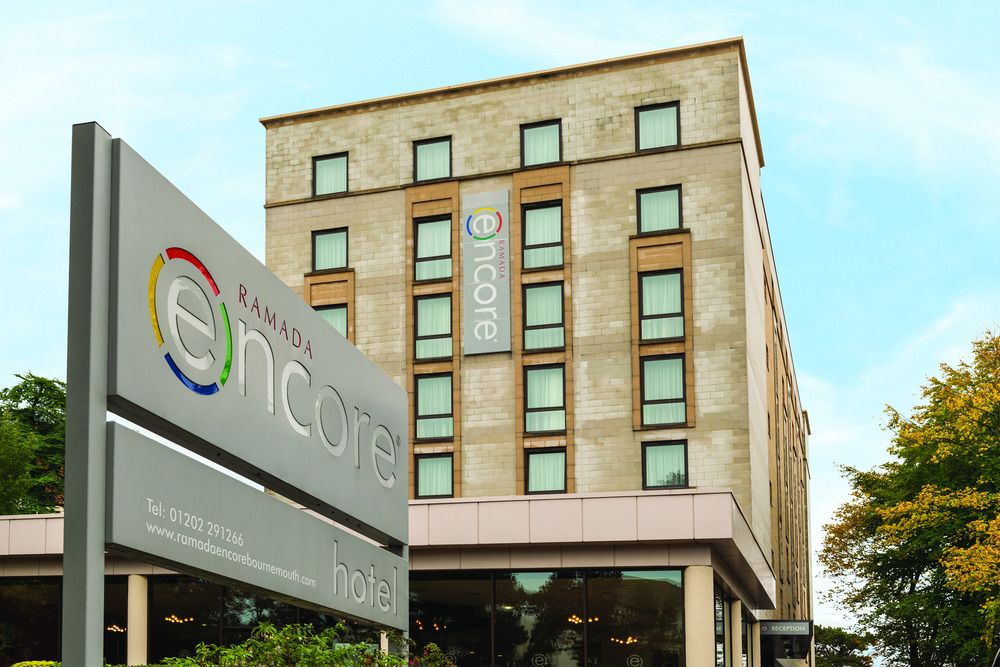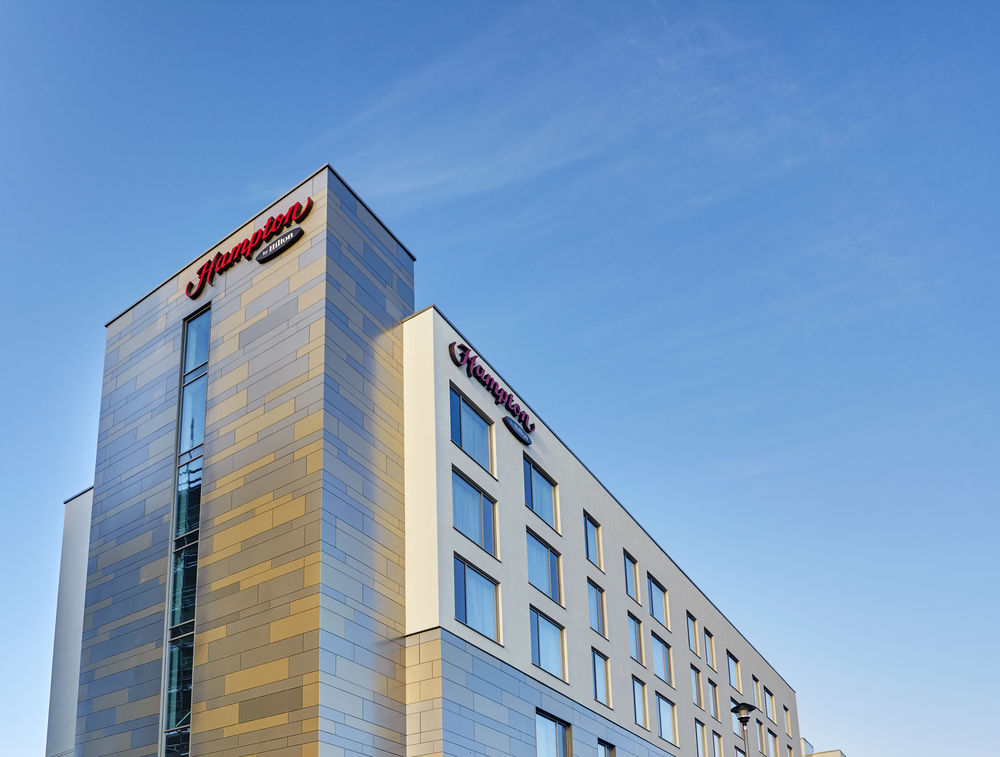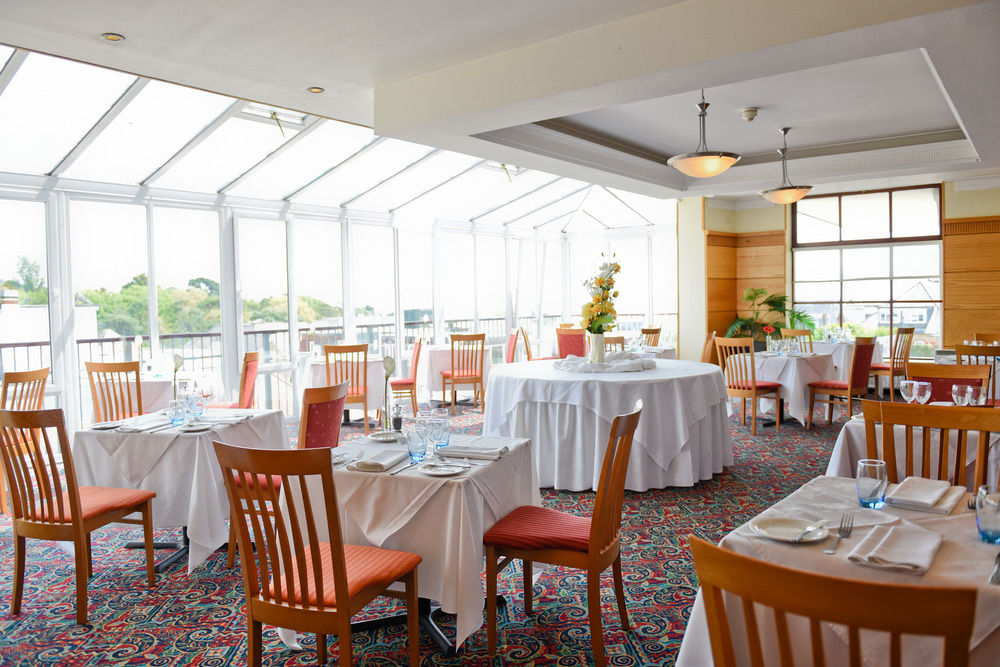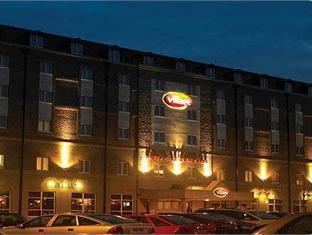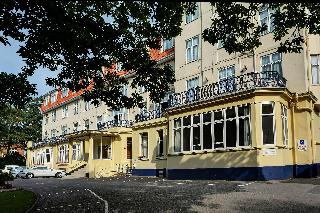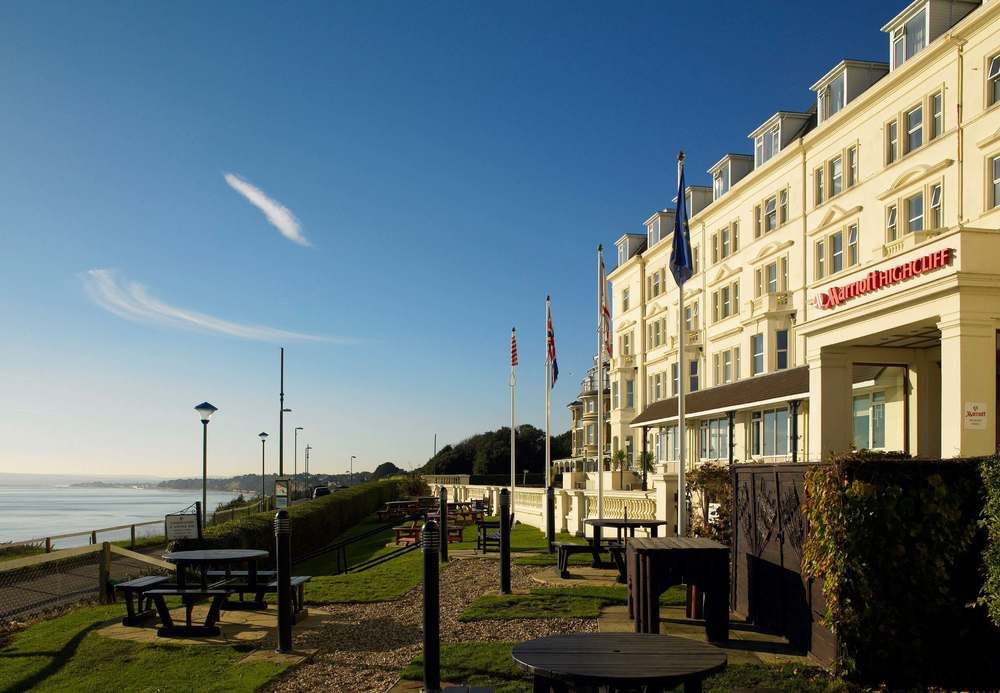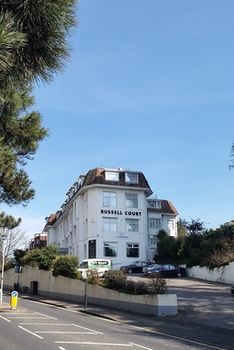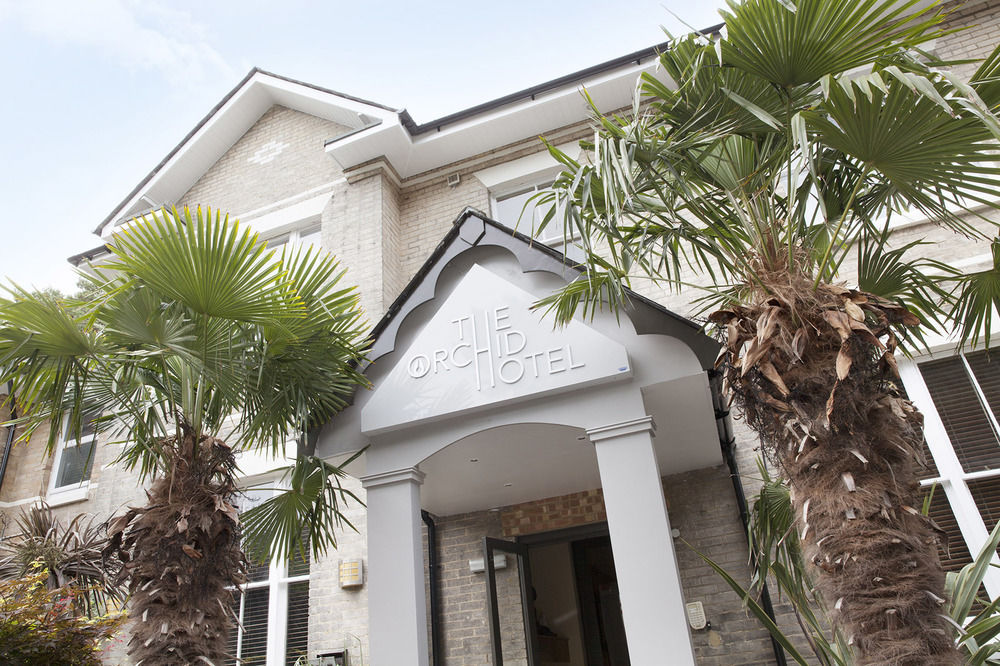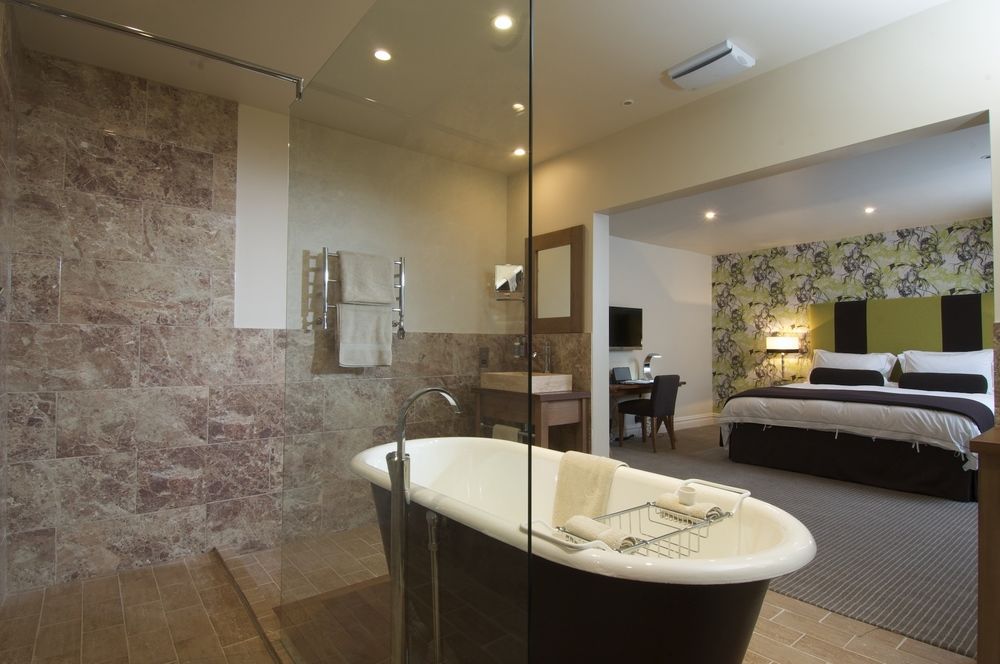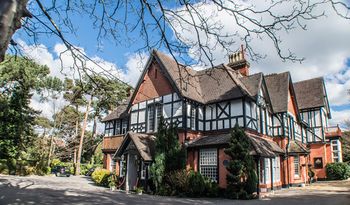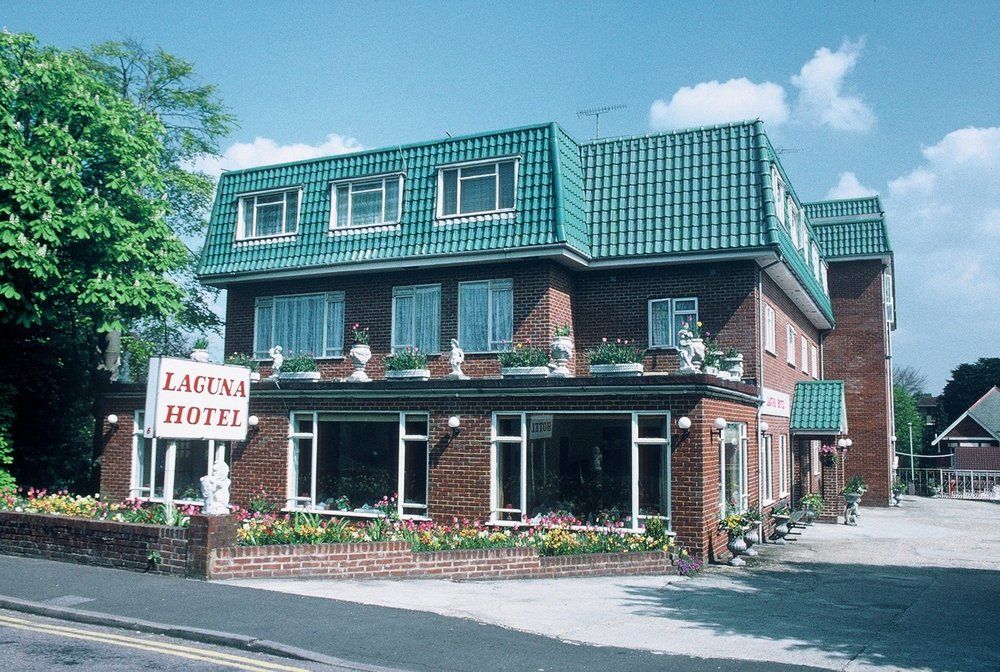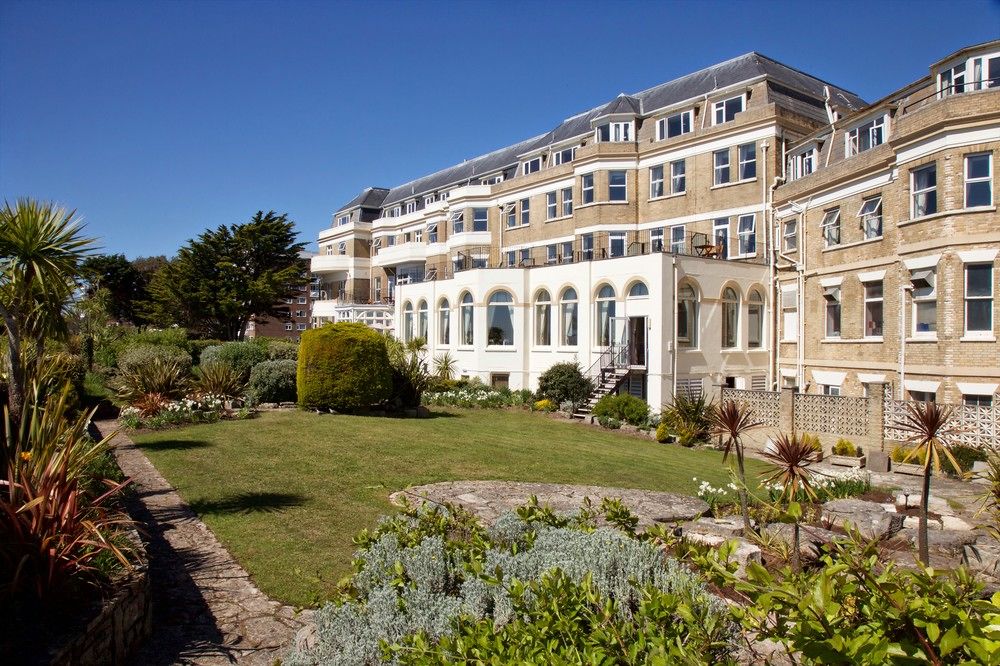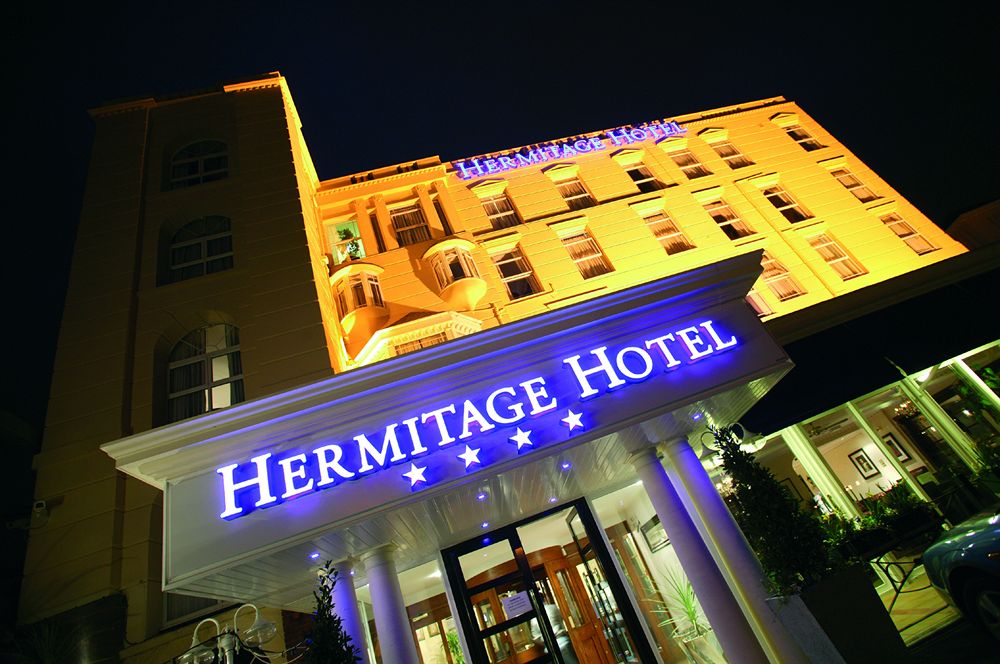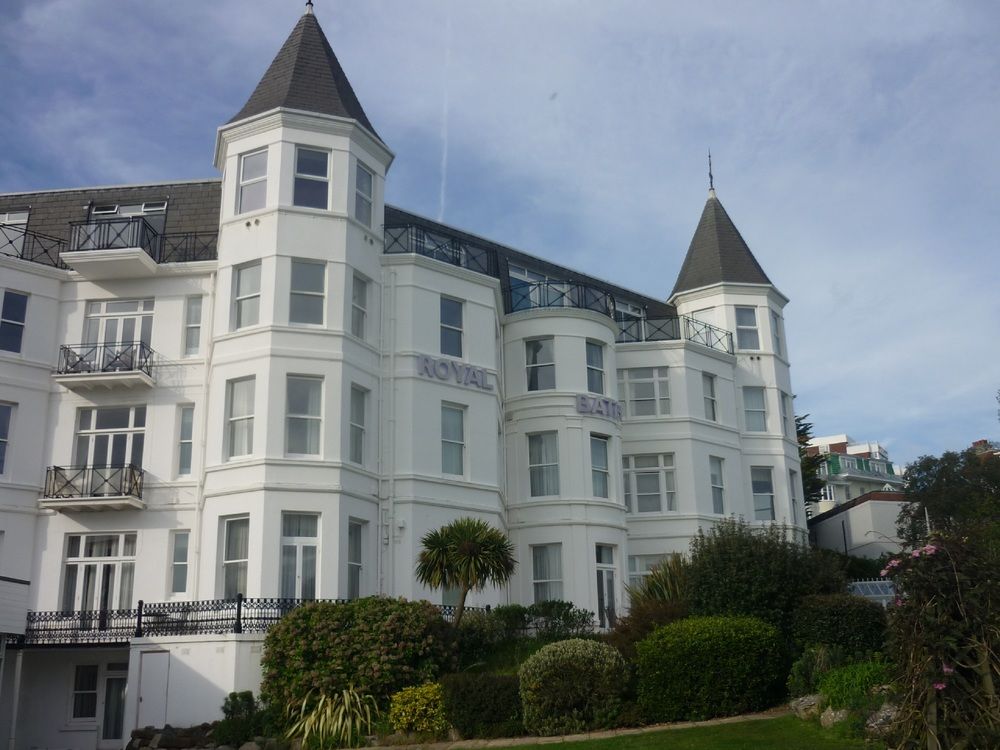
ボーンマスホテル検索結果
AIが見つけた軒のホテルの最安値をご覧ください。
ベストホテル
最安値のホテル
ホテル等級
AIおすすめ
ボーンマスベストホテル
ボーンマス 最低価格のホテル
最高評価のホテル
ボーンマスにある5つ星ホテル
ボーンマスにある4つ星ホテル
ボーンマスにある3つ星ホテル
AIがおすすめする世界の旅行先
ボーンマス近くのホテル情報
ボーンマス 旅行に欠かせない情報
Bournemouth ( listen) is a large coastal resort town on the south coast of England to the east of the Jurassic Coast, a World Heritage Site, 96 miles (155 km) long. According to the 2011 census, the town has a population of 183,491 making it the largest settlement in Dorset. With Poole to the west and Christchurch in the east, Bournemouth forms the South East Dorset conurbation, which has a total population of over 465,000.
Before it was founded in 1810 by Lewis Tregonwell, the area was a deserted heathland occasionally visited by fishermen and smugglers. Initially marketed as a health resort, the town received a boost when it appeared in Augustus Granville's 1841 book, The Spas of England. Bournemouth's growth truly accelerated with the arrival of the railway and it became a recognised town in 1870. Historically part of Hampshire, it joined Dorset with the reorganisation of local government in 1974. Since 1997, the town has been administered by a unitary authority, meaning it is independent of Dorset County Council, although it remains part of that ceremonial county. The local council is Bournemouth Borough Council. From 1 April 2019 it will be part of the new Bournemouth Christchurch and Poole Council.
The town centre has notable Victorian architecture and the 202-foot (62 m) spire of St Peter's Church, one of three Grade 1 listed churches in the borough, is a local landmark. Bournemouth's location has made it a popular destination for tourists, attracting over five million visitors annually with its beaches and popular nightlife. The town is also a regional centre of business, home of the Bournemouth International Centre or BIC, and a financial sector that is worth more than £1,000 million in gross value added.
 時間 UTC+01
時間 UTC+01 通貨 GBP
通貨 GBP 言語 English, Welsh, Scots Gaelic
言語 English, Welsh, Scots GaelicStaypiaだけの特別な特典
リアルタイムホテル最安値比較
AIが見つけたin ボーンマスの軒のホテルのリアルタイム最安値を簡単に比較検索できます。
316万軒のホテルを最安値で予約
最低価格に最大31%追加メンバーシップ割引でさらにお得にご予約いただけます。
自分だけの
AIがリアルタイムで更新するボーンマス旅行情報で便利に旅行を準備しましょう。
よくある質問
一般的なホテルの場合、客室予約はキャンセル締切日前まで無料返金が可能です。キャンセル締切日以降は手数料が発生する場合がありますので、ホテルバウチャーまたはメニュー>マイ予約でキャンセル締切日をご確認ください。
ステピアでは、AIが収集した316万件のホテルの最安値はもちろん、会員限定の追加割引価格で人気ホテルを予約することができます。
